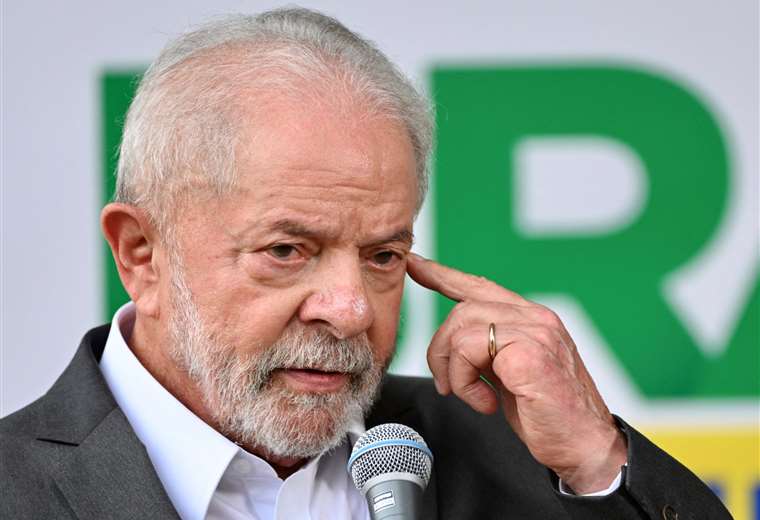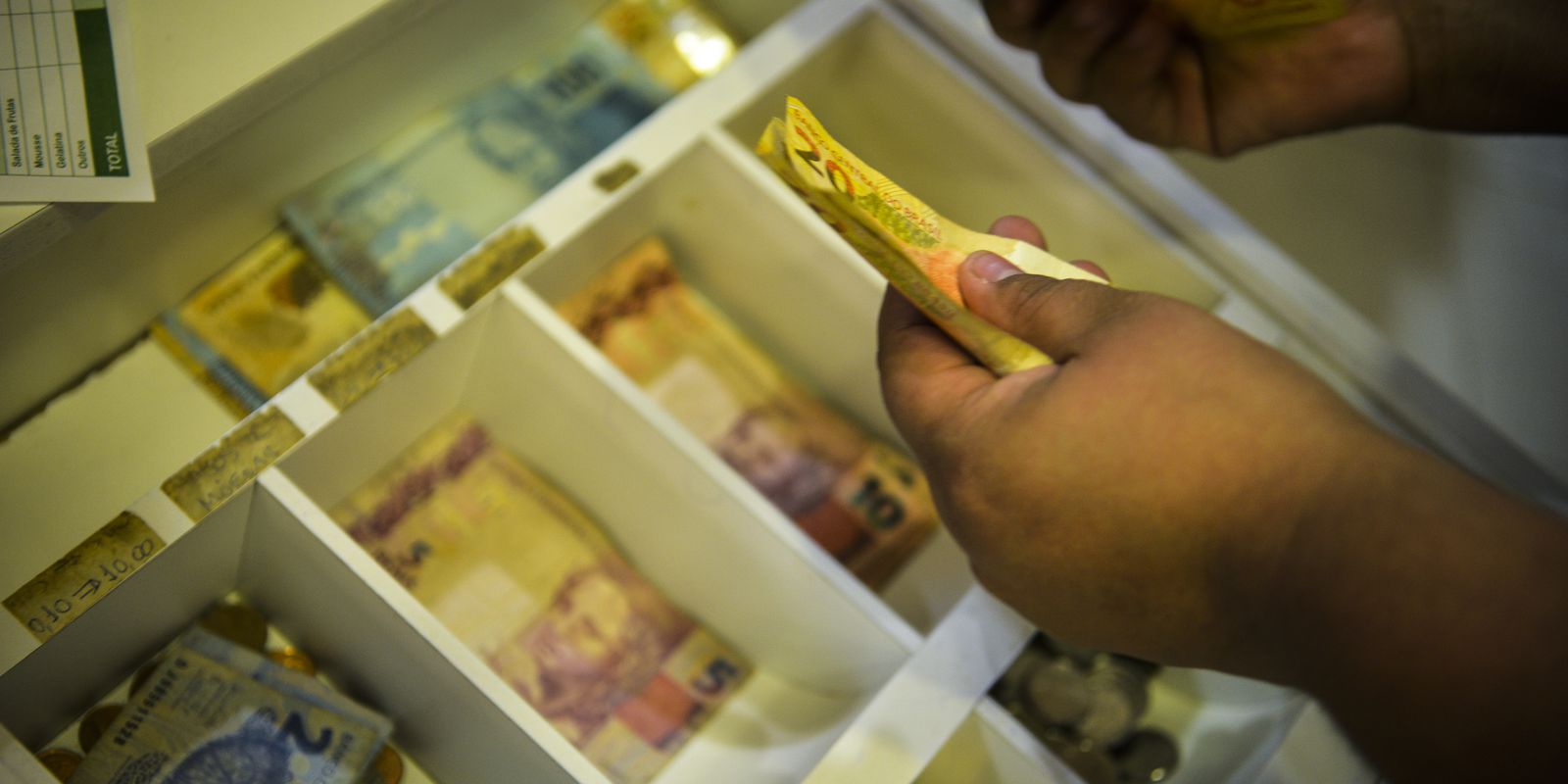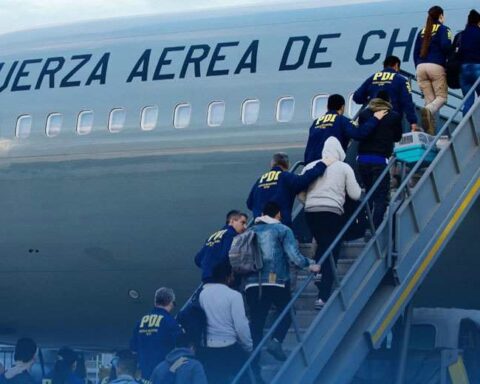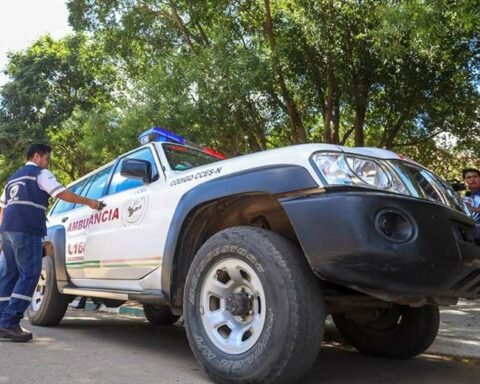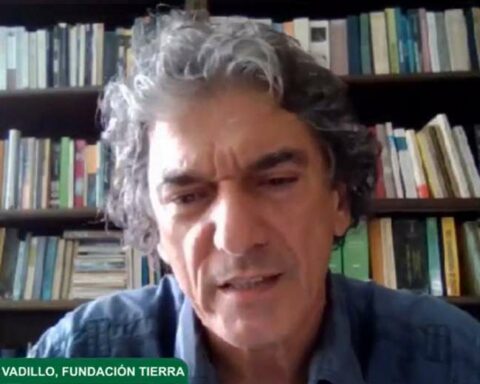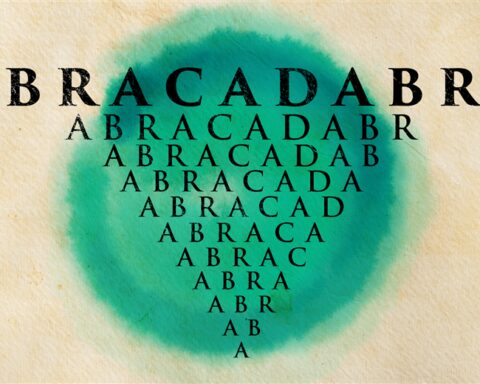March 21, 2023, 10:55 PM
March 21, 2023, 10:55 PM
The battery of actions was presented in a ceremony at the Planalto Palace, in Brasilia, and seeks to improve the lives of Afro-Brazilians in the educational, labor and religious fields, as well as value their memory, on the day that the International Day to Combat Racial Discrimination is commemorated.
“What this government will do in the next four years will be the unfolding of what we did when we created, on March 21, 2003, the Special Secretary for Policies for the Promotion of Racial Equality”, said Lula, alluding to the body he established at the beginning of his first term in office.
Among the initiatives announced is a specific program for guarantee the rights of the quilombola communities, inhabited by descendants of black slaves, in relation to access to land, infrastructure and public services. According to official estimates, more than a million people in Brazil declare themselves quilombolas.
In a gesture of great symbolism after 4 years of management of the far-right Jair Bolsonaro (2019-2022), who paralyzed initiatives in this direction, andhe progressive leader signed the titling of 3 new quilombola territories under study for 2 decades, in the states of Minas Gerais and Sergipe.
Access for Afro-descendants to university
Lula also decreed the creation of various inter-ministerial working groups to promote projects that shield the “access and permanence of black students” in universities and “propose mandatory quota policies” in government bodies.
They will also have the mission of developing a program to reduce homicides and “social vulnerabilities” among black youth. This plan will be a “reformulation” of a similar one that began to be projected during the term of Dilma Rousseff (2011-2016), Lula’s political goddaughter, as detailed by the Government in a note. According to official data, the poverty rate among blacks and mestizos, who represent 56% of the more than 210 million Brazilians, is almost 2b times higher than that of whites.
They also suffer more unemployment, earn less and are the main victims of police violence. According to the Brazilian Public Security Forum, the black or mixed-race population represents about 85% of the victims in police interventions. “We will not rest until no black person in Brazil goes hungry, shootings, lack of opportunities and systematic racism that deepens in many dimensions,” Racial Equality Minister Anielle Franco said in an emotional speech.
“Historical debt” and “religious racism”
“Our Brazil is the one of racial equality”, added Franco, sister of Marielle Franco, the Rio de Janeiro councilwoman shot dead in Rio de Janeiro on March 14, 2018, in a crime that has not yet been fully clarified. Another working group will aim to fight “religious racism”, which particularly affects traditional communities with African roots.
The Government will also revitalize the Cais do Valongo (Valongo Dock), an old port in Rio de Janeiro through which more than a million slaves passed and which in 2017 was declared Historical Heritage of Humanity by Unesco, through the construction of a “reference center for African heritage”.
Since he took power on January 1, Lula has promised to repair the historical “debt” that he considers that Brazil has towards Afro-descendants due to the centuries of slavery they suffered and, as a first step, he established the Ministry of Racial Equality, led by Anielle Franco.

